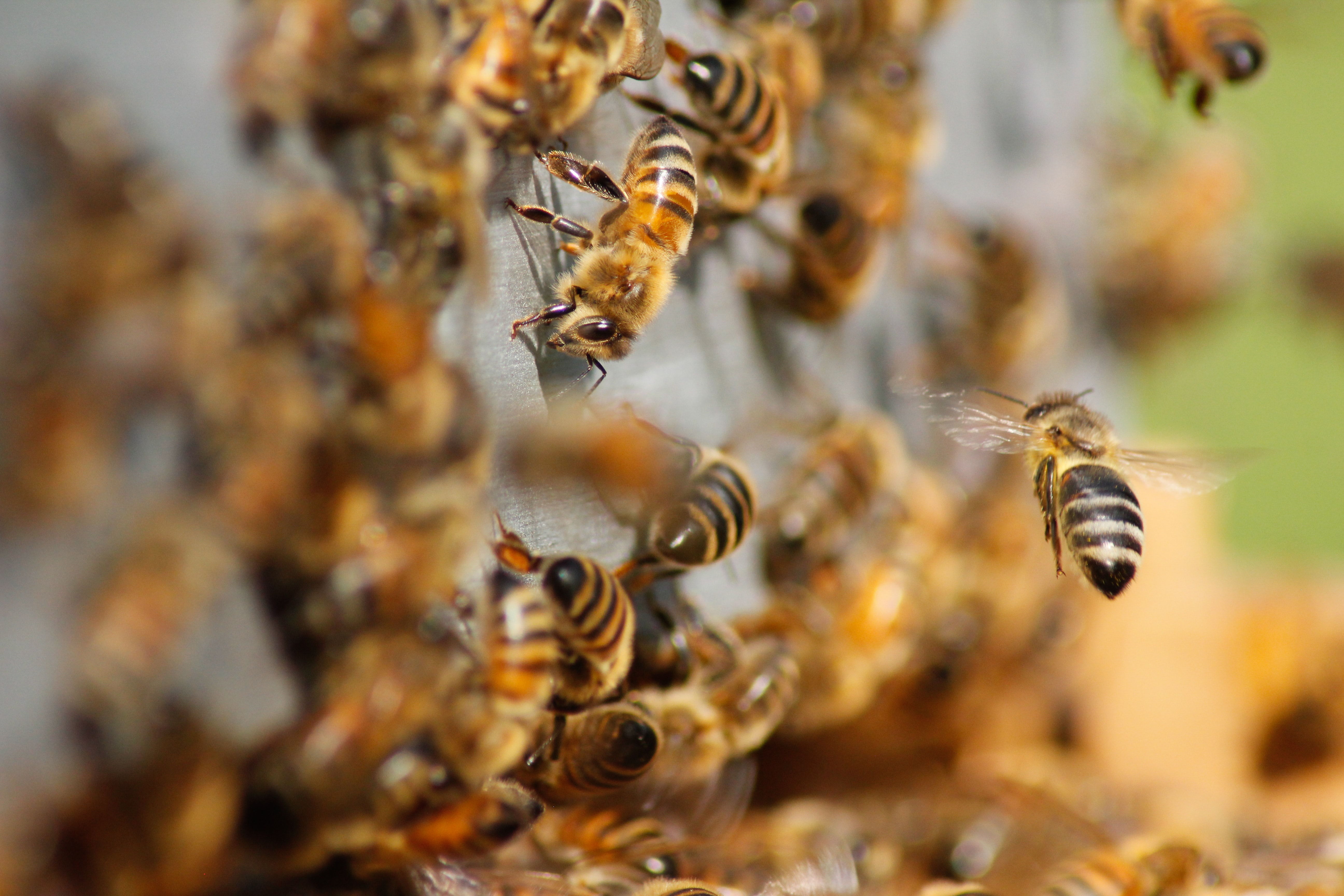Warm, fuzzy bees host parasites similar to ours
Embargoed until:
Publicly released:
2021-12-01 11:01
Parasites in honeybees can tolerate heat and acidity better than similar parasites in other insects like mozzies, according to international researchers who say this means bee parasites have the potential for spillover in warm-blooded mammals (like humans). Social bees live in colonies with higher temperatures, and also have more acidic guts than other insects. These cuddly and spicy conditions mean normal insect parasites can’t survive as well, so the parasites that do infect our buzzy buddies tend to be closer to mammalian parasites. The team says these findings can help us better understand parasites in both insects and mammals.
Journal/conference: Proceedings of the Royal Society B: Biological Sciences
Research: Paper
Organisation/s: USDA-ARS Bee Research Lab, USA
Funder: This project was funded by the USDA Agricultural Research
Service; USDA-NIFA Pollinator Health grant # 2020–67013-31861 to
J.D.E.; a North American Pollinator Protection Campaign Honey
Bee Health Improvement Project Grant and an Eva Crane Trust
Grant to E.C.P.Y. and J.D.E.; and an NSF-CAREER grant (IOS
1651888) to T.R.R. Funders had no role in study design, data collection
and interpretation, or publication.
Media release
From: The Royal Society
Hot and sour: parasite adaptations to honey bee body temperature and pH
Proceedings of the Royal Society B: Biological Sciences
High body temperature and acidic gut pH are two factors that inhibit parasitic infection. The high colony temperatures and acidic guts of social bees relative to other insects provide unique opportunities to test how temperature and acidity shape insect-parasite associations and potential for spillover into warm-blooded mammals. We show that parasites of honey bees have greater tolerance of heat and acidity than do related parasites of mosquitoes, which lack both temperature regulation and gut acidity. This suggests that honeybees’ colony-enabled temperature regulation and gut chemistry provide resistance to non-specialist parasites, favoring the same parasite traits needed for mammalian infection.
Attachments:
Note: Not all attachments are visible to the general public
-
The Royal Society
Web page


